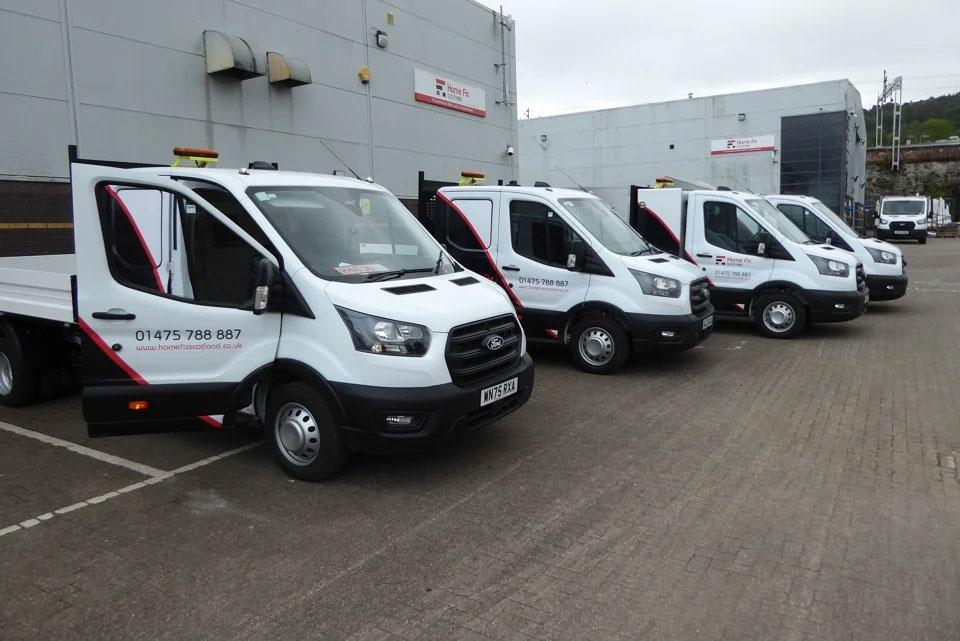Seventy-eight per cent of managers responsible for smaller fleets have noticed an increase in the amount of business miles being driven, according to new research from Alphabet GB.
Despite this, there is still a lack understanding when it comes to their duty of care requirements – with the majority (59%) stating that uncertainty around this topic is impacting the running of their fleet.
Recent studies have shown that travel disruption and train strikes have led to higher preferences towards car usage and ownership. As people revaluate their travel options, Alphabet’s own research has found that business miles have increased across smaller fleets. Moreover, the research revealed that many employees are relying on their own car for work-related journeys, with 63% of fleet managers surveyed reporting a hike in the number of staff driving privately-owned vehicles for business.
With the growing trend towards car usage and favourable benefit-in-kind (BIK) rates set to remain for lower-emission vehicles, drivers are seeking greater support from their employers to facilitate travel and business miles. In fact, 66% of managers responsible for smaller fleets have seen an upsurge in employees opting into company car schemes. A further 67% said demand for salary sacrifice car schemes has also risen across their business.
But almost three-fifths (59%) believe duty of care uncertainty is impacting the running of their fleet. Any uncertainty around duty of care could result in businesses failing to take appropriate action to safeguard their drivers and members of the public, which can lead to significant legal, financial, and reputational consequences.
Employers are legally required to manage the risks and hazards associated with business travel and ensure vehicles are safe to drive at all times. This responsibility applies to any vehicle being driven for occupational purposes, regardless of whether it’s a company car, rental, or privately-owned vehicle.
While privately-owned vehicles or ‘grey fleets’ may be a convenient and cost-efficient option for some businesses, particularly if staff don’t frequently travel for work, they also come with unique challenges to manage. Grey fleet vehicles tend to be older and may not be serviced as regularly, in comparison to company cars. Supervising them can prove difficult too, and they are more likely to be overlooked by fleet managers as a result.







